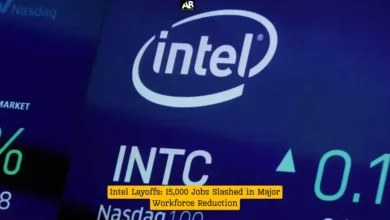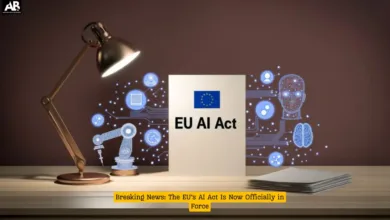Technology & AI
AI Insights: Nvidia’s Jensen Huang and Meta’s Mark Zuckerberg in Rare Joint Talk
In a highly anticipated event, Nvidia’s Jensen Huang and Meta’s Mark Zuckerberg recently came together for a rare joint talk that captivated the tech world. This unprecedented discussion provided deep insights into the future of artificial intelligence (AI) and its transformative potential. This article explores the key highlights and implications of their conversation, shedding light on how these industry leaders view the evolving landscape of AI.

Overview of the Joint Talk
The joint appearance of Jensen Huang, CEO of Nvidia, and Mark Zuckerberg, CEO of Meta, is a significant event in the tech industry. Both leaders are at the forefront of AI innovation, making their combined insights particularly valuable.
1. The Context of the Talk
- Event Significance: The conversation took place at a high-profile tech conference, drawing attention from industry professionals, researchers, and media. The rare collaboration between Nvidia and Meta executives underscored the growing importance of AI in shaping the future of technology.
- Discussion Themes: The discussion focused on several key areas, including advancements in AI technology, its applications in various sectors, and the ethical considerations surrounding its use.
2. Key Takeaways from the Conversation
Jensen Huang and Mark Zuckerberg shared their perspectives on a range of topics, offering valuable insights into the future of AI.
Advancements in AI Technology
1. Nvidia’s Role in AI Development
- Cutting-Edge Hardware: Jensen Huang highlighted Nvidia’s contributions to AI through its powerful hardware, including GPUs that accelerate machine learning and deep learning processes. These advancements enable more complex and efficient AI models.
- AI Research and Innovation: Huang discussed Nvidia’s ongoing research initiatives aimed at pushing the boundaries of AI technology, including developments in neural network architectures and AI-driven simulations.
2. Meta’s Vision for AI
- AI Integration in Social Platforms: Mark Zuckerberg elaborated on Meta’s use of AI to enhance its social media platforms. This includes personalized content recommendations, improved user engagement, and the application of AI in moderating content.
- Future AI Applications: Zuckerberg also spoke about Meta’s long-term vision for AI, focusing on integrating AI into virtual and augmented reality experiences. This vision aims to create more immersive and interactive environments for users.
Implications for the Future of AI
1. Collaborative Efforts in AI Research
- Industry Collaboration: The discussion emphasized the importance of collaboration between tech giants to advance AI research. Both Huang and Zuckerberg agreed that partnerships between companies can accelerate innovation and address complex challenges in AI development.
- Ethical Considerations: Ethical implications of AI were also a focal point. The leaders discussed the need for responsible AI development, including measures to ensure transparency, fairness, and accountability in AI systems.
2. AI’s Impact on Various Sectors
- Healthcare: AI advancements are expected to revolutionize healthcare by enabling more accurate diagnostics, personalized treatments, and improved patient care.
- Finance: In the financial sector, AI is poised to enhance decision-making processes, fraud detection, and risk management.
- Education: AI-driven tools have the potential to transform education by providing personalized learning experiences and automating administrative tasks.
The Future of AI and Technology
The joint talk between Jensen Huang and Mark Zuckerberg highlighted several trends and predictions for the future of AI.
1. Increased AI Adoption
- Widespread Integration: AI is expected to become increasingly integrated into various aspects of daily life, from consumer products to enterprise solutions. This widespread adoption will drive further advancements and innovations in the field.
2. Evolving AI Capabilities
- Enhanced Models: Future AI models will likely exhibit greater capabilities, including improved natural language understanding, more accurate predictive analytics, and enhanced decision-making abilities.
- AI Ethics and Regulation: As AI technology evolves, so too will the discussions around its ethical use and regulation. Ensuring that AI systems are developed and deployed responsibly will be crucial for maintaining public trust and maximizing the benefits of AI.





